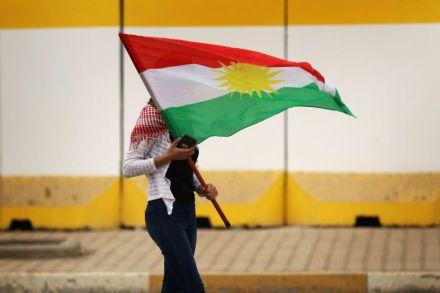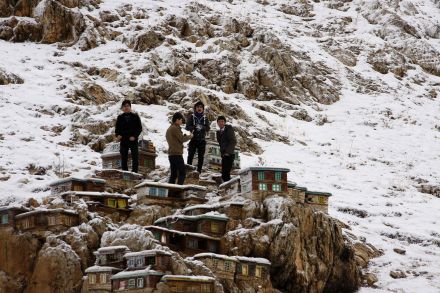Britain has turned its back on its Kurdish allies
The Kurdish people are facing a deep crisis. Nowhere is their desperate situation clearer than the way an official visit by the Kurdistani PM, Nechirvan Barzani, to meet Emmanuel Macron in Paris has been seen as revolutionary. The meeting broke Iraq’s diplomatic blockade on the Kurds, and is part of France’s bid to kickstart a diplomatic demarche






